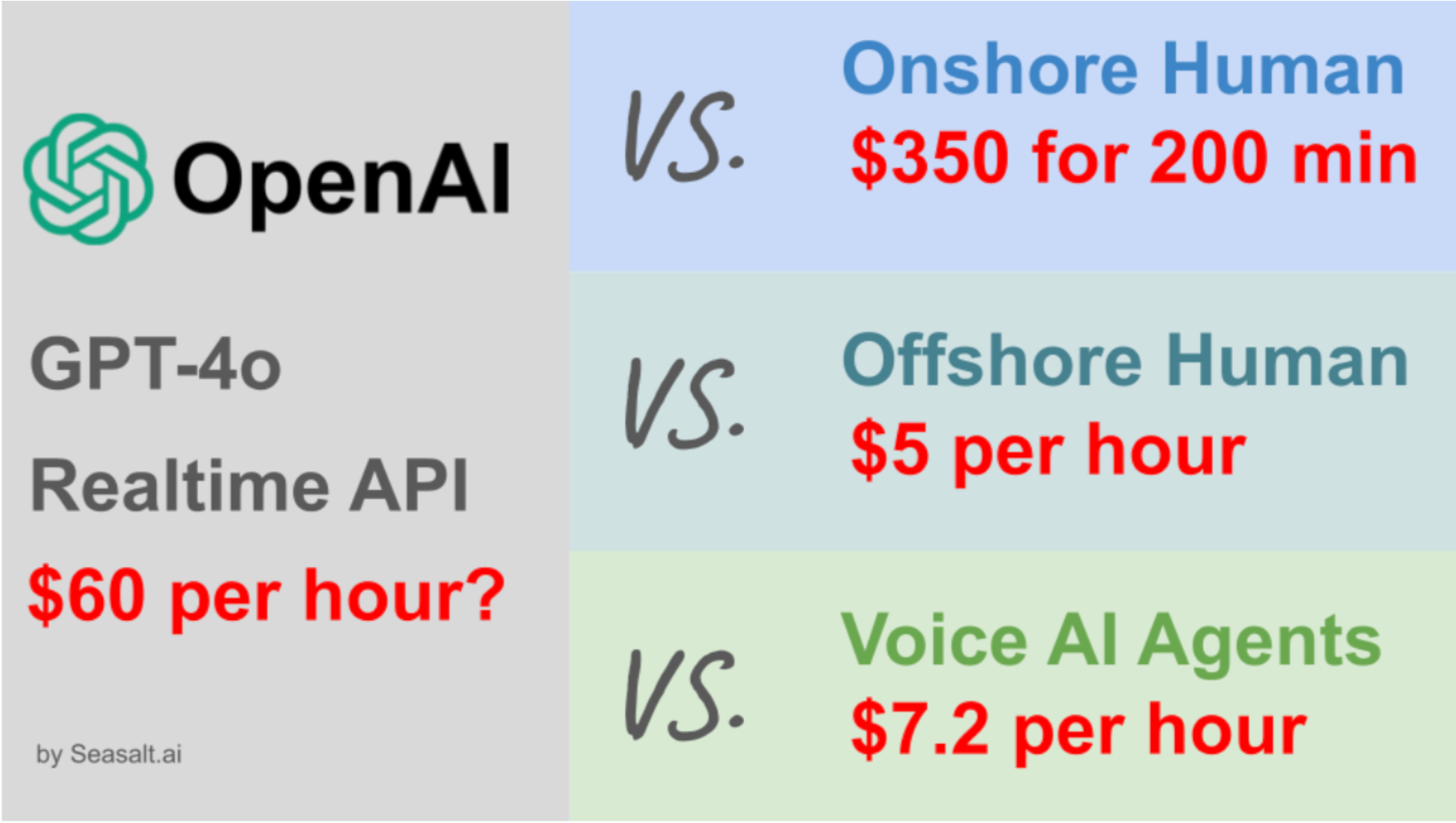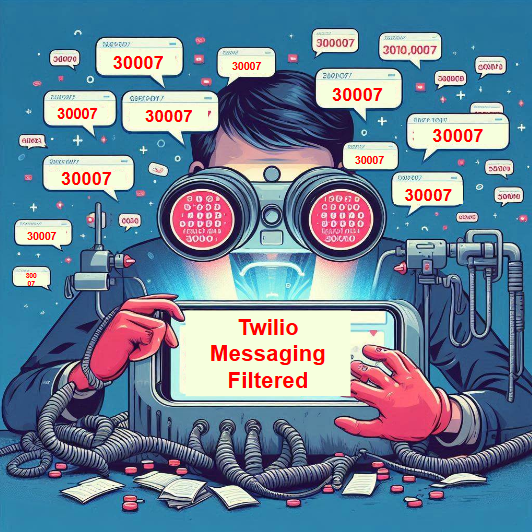In today’s fast-paced digital world, AI-powered customer service has transformed from a futuristic concept into an essential business necessity. This comprehensive guide will walk you through everything you need to know about implementing, optimizing, and scaling AI customer service solutions that deliver exceptional customer experiences while driving operational efficiency.
 Modern AI customer service dashboard showing real-time analytics and automation
Modern AI customer service dashboard showing real-time analytics and automation
The paradigm shift toward AI-driven customer support isn’t just about keeping up with technology trends—it’s about fundamentally reimagining how businesses interact with their customers. From instant response times to 24/7 availability, AI customer service represents the bridge between human empathy and technological efficiency.
Understanding AI Customer Service
What is AI Customer Service?
AI customer service refers to the use of artificial intelligence technologies to automate, enhance, and optimize customer support processes. This includes:
- Chatbots and Virtual Assistants for instant responses
- Voice AI for phone support automation
- Predictive Analytics for proactive service
- Sentiment Analysis for emotional intelligence
- Automated Ticket Routing for efficient handling
The Business Impact
Recent studies show that companies implementing AI customer service experience:
| Metric | Improvement |
|---|---|
| Response Time | 90% faster |
| Customer Satisfaction | 35% increase |
| Operational Costs | 40% reduction |
| Agent Productivity | 60% boost |
| 24/7 Availability | 100% uptime |
Types of AI Customer Service Solutions
1. Text-Based Chatbots
The most common form of AI customer service, chatbots handle routine inquiries through:
- Rule-based responses for simple FAQs
- NLP-powered conversations for complex queries
- Context awareness for personalized interactions
- Multi-language support for global reach

2. Voice AI Assistants
Voice-powered customer service offers:
Key Benefits of Voice AI:
✓ Natural conversation flow
✓ Hands-free customer interaction
✓ Emotion detection and response
✓ Integration with phone systems
✓ Real-time language translationWatch our Voice AI demonstration:
3. Visual AI Support
Advanced systems now include:
- Screen sharing with AI guidance
- Image recognition for product issues
- AR-powered tutorials for complex problems
- Video chat with AI-assisted agents

Implementation Strategy
Phase 1: Assessment and Planning
Current State Analysis
- Audit existing customer service channels
- Identify high-volume, repetitive queries
- Analyze customer journey touchpoints
- Evaluate current technology stack
Goal Setting
- Define success metrics (response time, satisfaction, cost reduction)
- Set realistic timeline for implementation
- Allocate budget and resources
- Choose pilot use cases
Phase 2: Technology Selection
Choosing the Right AI Platform
Consider these factors:
- Integration capabilities with existing systems
- Scalability for future growth
- Customization options for brand voice
- Analytics and reporting features
- Security and compliance requirements

Phase 3: Development and Training
Data Preparation
- Historical customer conversations
- FAQ databases and knowledge bases
- Product information and documentation
- Customer profiles and preferences
AI Model Training
# Example: Training data structure for customer service AI
training_data = {
'intents': [
{
'tag': 'greeting',
'patterns': ['Hi', 'Hello', 'Good morning'],
'responses': ['Hello! How can I help you today?']
},
{
'tag': 'billing_inquiry',
'patterns': ['billing question', 'invoice issue'],
'responses': ['I can help with billing questions...']
}
]
}Advanced Features and Capabilities
Sentiment Analysis
AI can detect customer emotions and adjust responses accordingly:
- Frustrated customers → Immediate escalation to human agents
- Happy customers → Upselling opportunities
- Confused customers → Simplified explanations
- Urgent requests → Priority handling
Multilingual Support
Modern AI systems support 100+ languages with:
- Real-time translation
- Cultural context awareness
- Local compliance requirements
- Regional business hours

Predictive Customer Service
AI can anticipate customer needs through:
-
Behavioral Pattern Analysis
- Purchase history patterns
- Website browsing behavior
- Previous support interactions
-
Proactive Outreach
- Service renewal reminders
- Product update notifications
- Maintenance scheduling
-
Issue Prevention
- System health monitoring
- Early warning alerts
- Preventive maintenance
Real-World Success Stories
Case Study 1: E-commerce Giant
Challenge: 10,000+ daily customer inquiries overwhelming support team
Solution: Implemented comprehensive AI chatbot with:
- Product recommendation engine
- Order tracking automation
- Return/refund processing
- Live chat escalation
Results:
- 75% reduction in human agent workload
- 50% faster resolution times
- $2M annual cost savings
- 4.8/5 customer satisfaction score
Case Study 2: SaaS Company
Challenge: Complex technical support requiring deep product knowledge
Solution: AI-powered knowledge base with:
- Interactive troubleshooting guides
- Code example generation
- Video tutorial recommendations
- Expert agent routing
Audio Case Study Interview:

Best Practices for AI Customer Service
1. Design for Human-AI Collaboration
- Seamless handoffs between AI and human agents
- Context preservation during escalations
- Agent augmentation rather than replacement
- Continuous learning from human interactions
2. Maintain Brand Voice and Personality
Brand Voice Guidelines:
tone: friendly, professional, helpful
personality: knowledgeable, patient, solution-oriented
language_style: clear, concise, jargon-free
response_length: brief but comprehensive
emoji_usage: minimal, contextually appropriate3. Ensure Data Privacy and Security
- GDPR compliance for European customers
- CCPA compliance for California residents
- Data encryption in transit and at rest
- Access controls and audit trails
- Customer consent management
4. Continuous Optimization
Key Metrics to Monitor:
- First contact resolution rate
- Average handling time
- Customer satisfaction scores
- Bot completion rates
- Escalation rates

Common Challenges and Solutions
Challenge 1: Customer Resistance to AI
Solutions:
- Transparent communication about AI capabilities
- Easy opt-out to human agents
- Gradual introduction of AI features
- Demonstrable value and time savings
Challenge 2: Complex Query Handling
Solutions:
- Advanced NLP models for better understanding
- Integration with knowledge management systems
- Intelligent routing to specialized agents
- Continuous training on edge cases
Challenge 3: Integration Complexity
Solutions:
- API-first architecture design
- Phased implementation approach
- Expert system integration support
- Comprehensive testing protocols
Future Trends in AI Customer Service
Emerging Technologies
- Conversational AI - More natural, context-aware dialogues
- Emotional Intelligence - AI that understands and responds to emotions
- Augmented Reality - Visual problem-solving support
- IoT Integration - Proactive service based on device data
Industry Predictions for 2025
- 95% of customer interactions will involve AI in some capacity
- Voice-first interfaces will dominate mobile customer service
- Hyper-personalization will become standard expectation
- Cross-platform continuity will be seamless across all channels
Implementation Checklist
Pre-Implementation
- Conduct thorough needs assessment
- Define success metrics and KPIs
- Secure stakeholder buy-in and budget
- Choose technology partners
- Plan change management strategy
During Implementation
- Set up development and testing environments
- Train AI models with quality data
- Integrate with existing systems
- Conduct thorough testing
- Train support team on new tools
Post-Implementation
- Monitor performance metrics
- Gather customer feedback
- Continuously optimize AI responses
- Scale successful use cases
- Plan for future enhancements
Getting Started with Seasalt.ai
Ready to transform your customer service with AI? Here’s how to begin:
Step 1: Free Consultation
Schedule a personalized assessment of your current customer service setup
Step 2: Pilot Program
Start with a focused use case to demonstrate value
Step 3: Gradual Expansion
Scale successful implementations across all customer touchpoints
Step 4: Continuous Optimization
Leverage analytics and feedback for ongoing improvements
Conclusion
AI-powered customer service is no longer a luxury—it’s a necessity for businesses that want to stay competitive. By following this comprehensive guide and implementing best practices, you can create a customer service experience that delights customers while reducing costs and improving efficiency.
The key to success lies in treating AI as a tool to enhance human capabilities rather than replace them entirely. When implemented thoughtfully, AI customer service creates a win-win situation: customers get faster, more accurate support, while businesses achieve greater efficiency and scalability.
Remember: The best AI customer service solutions are those that feel natural and helpful to customers while providing measurable business value.
Ready to revolutionize your customer service with AI? Contact Seasalt.ai today to schedule your free consultation and discover how our advanced AI platform can transform your customer experience.




